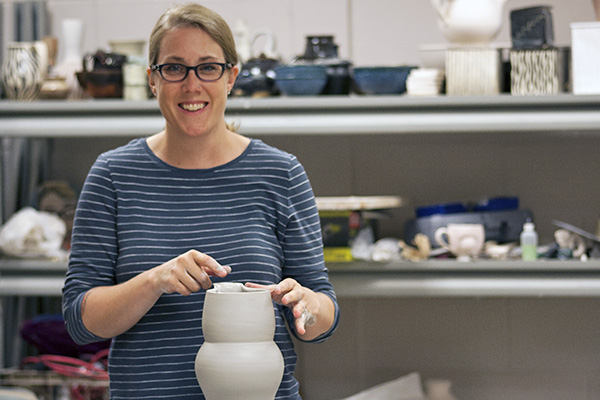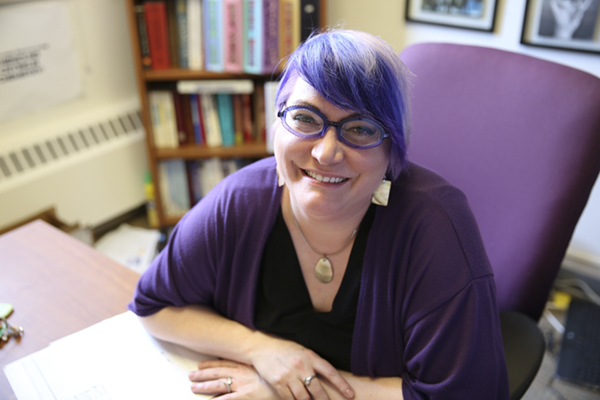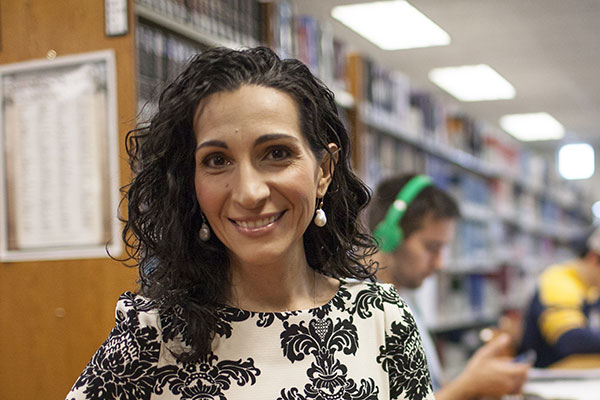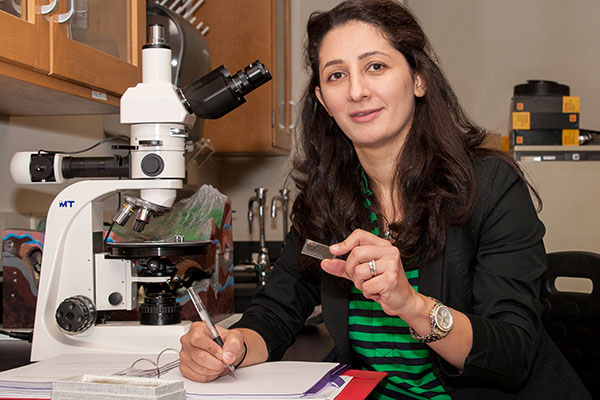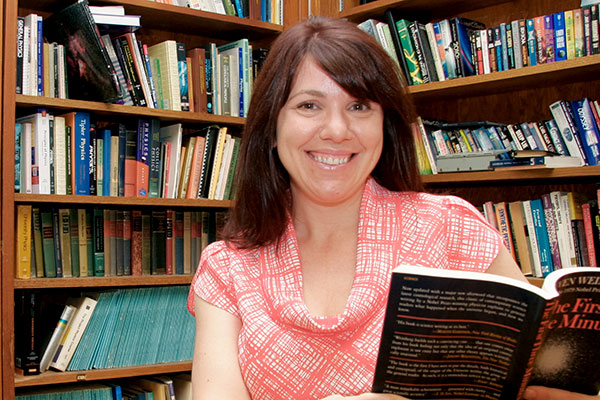Benjamin Schoening
To say music flows through Dr. Benjamin Schoening's blood would be an understatement.
His great-grandmother taught voice at the University of Kansas. His grandmother was a piano teacher for 60 years. His uncle is a violist with the San Francisco Symphony. His father played trumpet.
Schoening seemed destined to follow in the family footsteps, but not in the way he originally intended.
"I actually started off as a brass player," Schoening said, explaining he wanted to be a professional French horn player in an orchestra. "I sang, but I did not particularly like singing."
Those words seem odd now for Schoening, an established recitalist throughout the United States and Europe. The baritone has garnered a reputation for his performances of American and British Art Song. He has appeared in concert with the Racine Choral Arts Society in Wisconsin, Sinfonia da Camera in Illinois, White Mountain Symphony Orchestra in Arizona, and Northeast Georgia Chamber Symphony, and sung in several opera productions.
While his plans to perform music remained intact, Schoening veered into another musical realm — teaching. Schoening is an associate professor of music at the University of North Georgia (UNG), with an expertise in vocal performance and choral conducting. He also serves as head of the department.
His path from professional musician to college professor and singer has been filled with twists and turns. After earning a bachelor's degree in the French horn and voice, Schoening switched gears as a post-graduate. He earned a master's degree in orchestral conducting and taught choirs and jazz bands at Northland Pioneer College in Snowflake, Arizona.
Then Schoening landed a teaching job at the University of Wisconsin in Barron County, where he learned he needed his doctoral degree to receive tenure. The most convenient path was to earn his doctorate in voice.
"(Singing) wasn't my passion. I was immersed in conducting at the time," Schoening said.
That is until he met Glenda Maurice, his first teacher at the University of Minnesota.
"She flipped a switch for me in the way I think about music, in the way I think about text and in the way I think about communicating to an audience," Schoening said. "I realized I could do so much more with my voice than any other medium. It lit that fire and passion, and I haven't looked back."
His passion has helped grow UNG's music department. Under his tenure, the choral program on the Gainesville Campus grew from 16 students to 55 during his first two years. He has also helped nurture the vocal program with the addition of weekly seminars for students.
On the administration side, he is leading the charge to bring a Bachelor of Music degree to UNG. His aim is to offer specialized training to music majors and allow the music education program to flourish.
Schoening is quick to point out he could not do it alone.
"We have top-flight faculty," he said. "We have people who are well-known in their field and are coveted at other institutions."
Schoening can also be considered at the top of his game. Along with managing a department and performing, he also has co-authored two books. His first was "Don't Stop Thinking About the Music: The Politics of Songs and Musicians in Presidential Campaigns" with Eric T. Kasper, associate professor of political science at University of Wisconsin-Eau Claire. He teamed up again with Kasper to co-author and co-edit "You Shook Me All Campaign Long: Music in the 2016 Presidential Election and Beyond." It was released in November 2018.
His students fuel Schoening's desire to accomplish all of these things.
"When you see the light bulbs click for students and watch them change from a person who sings into a person who performs and communicates music with an audience; when you see them change into people who experience music on a deeper level and realize that it's not just notes on a page and give it real thought and intent; those are the moments that are so rewarding," he said.
